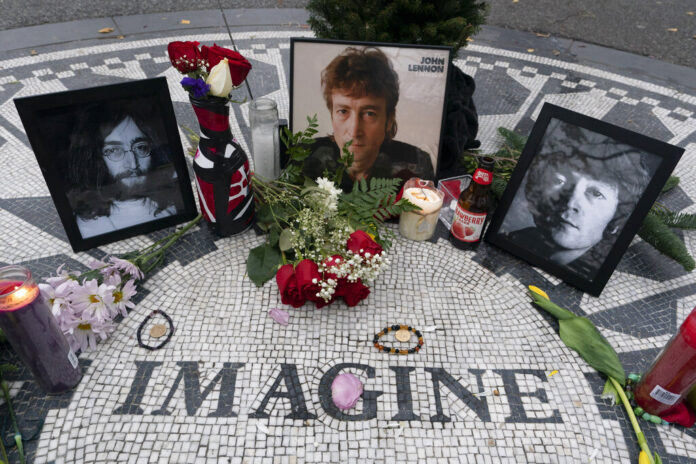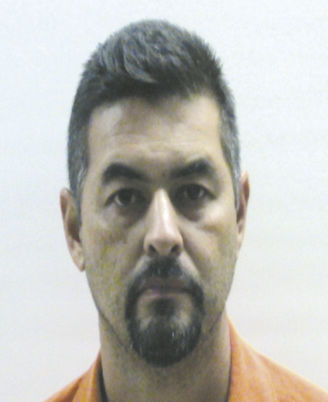On the morning of Dec. 9, 1980, the world received a collective punch to the gut: John Lennon was dead, gunned down the night before in front of his Manhattan apartment building by a deranged fan.
Today is the 40th anniversary of the senseless attack that silenced one of the most original voices of the 20th century, who, along with Paul McCartney, George Harrison and Ringo Starr, changed the music and the culture for good.
Those who were of age in 1980 remembered where they were and what they were doing when they heard the news. This reporter, six months out of high school in Oklahoma City, was driving to work in a ‘71 Buick when the rock station DJ, barely able to get the words out, announced the unthinkable over the car radio.
Gilbert Rendon, New York Deli owner and a lifelong Beatles fan, likewise remembers where he was that dark day.
“I was at the Border Patrol Academy and it was about 8 o’clock Tuesday morning, because he was killed Monday night and Howard Cosell had announced it,” Rendon said
Rendon was asleep when the legendary sports announcer actually broadcast the first media report, during Monday Night Football, that Lennon was dead. Early the next morning Rendon’s fellow trainees told him the Beatle had fallen, though he thought they were joking, until he saw the news on television.
“They used to mess with me because I liked the Beatles so much,” Rendon said. “It felt like one of my family members had been killed. It felt that damn bad. I just couldn’t believe it. I cried.”
Lennon and the Beatles “changed everything,” he said.
“He’d still be going,” Rendon said. “Can you imagine all the great music that we lost out on?”
He said he doubts the world will ever forget the Fab Four and the pillar that was Lennon.
“He was the greatest, he and Paul McCartney,” Rendon said. “There will never be another duo like that. A writing team like that? You’ll never find them.”
The message Lennon blanketed the world with via songs such as “All You Need is Love,” “Give Peace a Chance” and “Imagine” has never been more relevant, Rendon said.
“Give peace a chance, love and peace — that’s all he wanted,” he said. “All you need is love. It’s so damn true now. God knows it is right now.”
Michael Quantz, classical guitarist and professor of music at the University of Texas Rio Grande Valley, said he discovered the Beatles in 1964, the year of the group’s first North American tour.
“We were all buying 45s and that kind of stuff, and it was just the coolest sound ever,” he said. “There was this exuberance and meaning that was combined in what they were doing that was just so unique. … It came to the point by the late ‘60s it was hard for me to acknowledge that other bands even existed. I thought the Stones were cool, and the Who had some nice stuff, but I really wanted to see what the Beatles were going to come up with.”
Great art lasts, and in that category are the works of Lennon and McCartney, Quantz said. He cited as one example a string quintet written 20 years ago by the highly respected Cuban composer Leo Brouwer and based on Lennon-McCartney songs
“It’s just stunningly beautiful,” Quantz said. “Not only is the music itself iconic and I would consider classic at this point, but the way they conceived of creating music in a recorded format changed so much. Instead of just being a band that did shows, they were the first popularly oriented group to really look at the recording studio as an art form. Especially with Sgt. Pepper’s and the White Album, and everything they did when they stopped live concerts, was like multi-movement, large compositions that said so much.”
He compared Lennon’s and the Beatles’ output to great music written 300 or 400 years ago that strikes as profound a chord as it did then. Even half a century after the band broke up, people still know the Beatles and their songs,” Quantz said.
“People 50 years later are still doing covers of their stuff,” he said. “When you think of the arc of human expression, there’s persistence there. There’s connection there. That’s one of the stunning things about art. You can create something that has an impact at the time and it persists long after the society that produced it has waned or changed significantly.”










